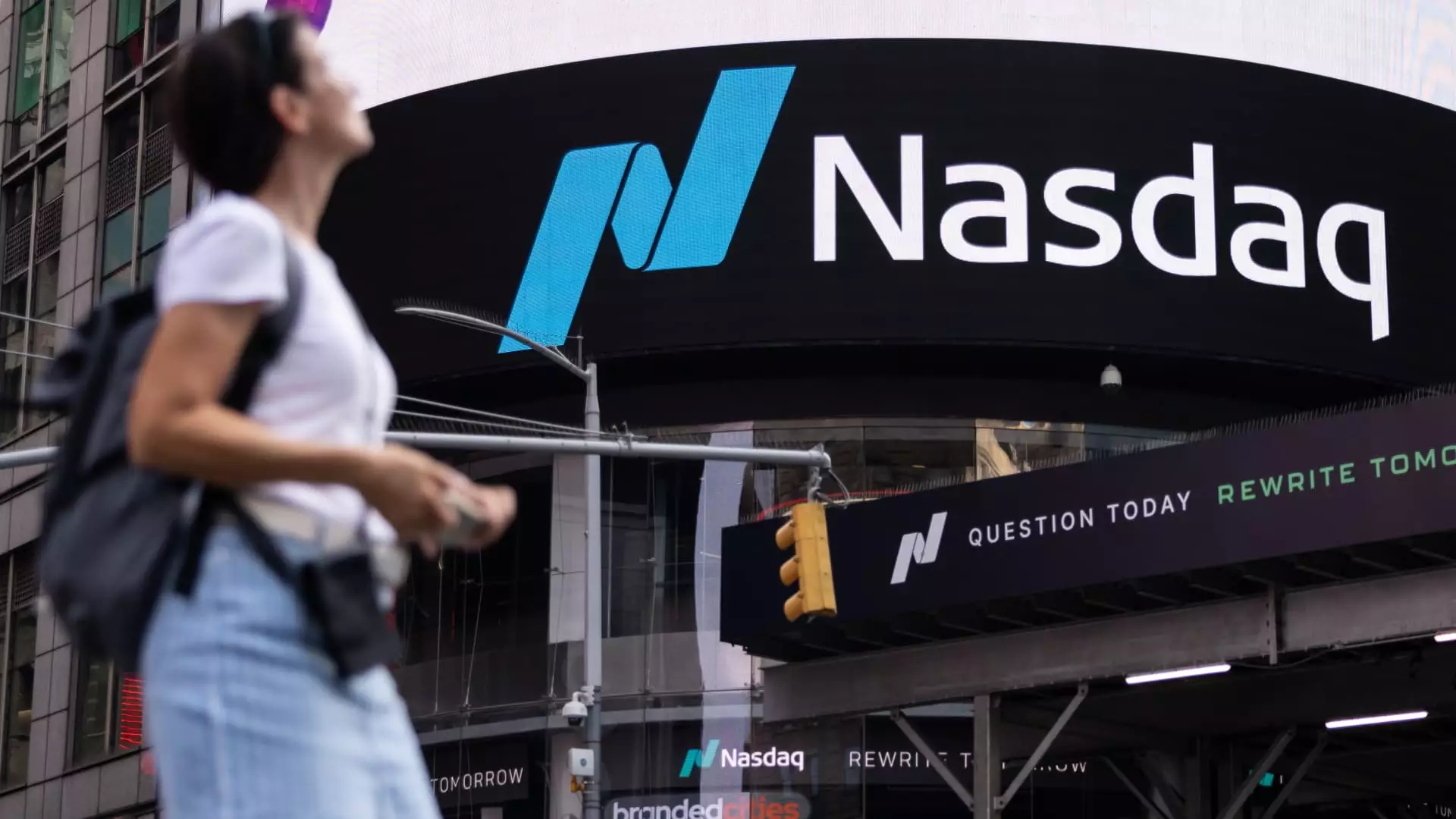Investment strategies are constantly evolving, and the recent transition of KKM Financial’s Essential 40 mutual fund into an exchange-traded fund (ETF) illustrates this dynamic change. The shift reflects a broader trend among asset managers, aiming to provide investors with more tax-efficient options in a complex financial landscape. ETFs, known for their trading flexibility and potential tax advantages, are swiftly gaining traction as investors increasingly seek control over their capital gains and losses.
Given the distinctions between mutual funds and ETFs, this transformation is not mere rebranding. ETFs empower investors to strategically navigate their tax situations. Unlike mutual funds, which can impose unexpected capital gains tax due to frequent portfolio adjustments or investor redemptions, ETFs allow investors to precisely dictate when they realize gains or losses. As Jeff Kilburg, founder and CEO of KKM Financial, articulately puts it: “When you look at the tax efficiency of an ETF compared to a mutual fund, it is much more advantageous.” This perspective has resonated deeply with wealth advisors, who often grapple with the implications of mutual fund distributions.
A significant driver behind the conversion of mutual funds into ETFs is the 2019 regulatory modification by the Securities and Exchange Commission (SEC), which simplified the implementation of active investment strategies within ETFs. This change has paved the way for a notable decline in traditional active equity mutual funds, with their numbers reaching a 24-year low, according to Strategas. The regulatory environment continues to evolve, with many asset managers actively lobbying for a further integration of ETFs within existing mutual funds as a separate share class. Such integration could further streamline investment options, enhancing tax efficiency and flexibility for investors.
KKM’s newly minted ETF, trading under the ticker ESN on the Nasdaq, offers investors a unique opportunity to invest in a curated selection of companies that Kilburg believes are integral to the health of the U.S. economy. Comprising established giants like JPMorgan Chase, Amazon, Waste Management, and Eli Lilly, the Essential 40 fundamentally reflects Kilburg’s philosophy of “buy what you use.” This consumer-centric approach is designed to maintain a balanced portfolio that resonates with everyday market realities.
The previous mutual fund version of the Essential 40 achieved a three-star rating from Morningstar, indicative of its reasonable performance within the competitive landscape of mutual funds. Notably, its 2022 performance highlighted its resilience; declining less than 11% compared to an average category downturn of about 17%. This relative strength is particularly significant during volatile market conditions. Historically, equal-weighted funds like the Essential 40 often outperform market-cap weighted indexes during downturns, making them an attractive option for risk-averse investors.
Market response to equal-weighted strategies has been notably positive, driven by apprehensions surrounding over-reliance on a select few dominant stocks, sometimes referred to as the “Magnificent Seven.” Invesco’s S&P 500 Equal Weight ETF, for instance, has welcomed more than $14 billion in new investments this year alone. Such trends suggest a clear shift in investor sentiment towards diversified, equal-weighted strategies, and KKM’s reimagined fund stands to benefit from this growing appetite.
As of 2024, KKM’s ETF had already experienced a commendable uptick of around 16% before its conversion, managing approximately $70 million in assets. Investors can also look forward to a net expense ratio of 0.70%, consistent with the former mutual fund structure, ensuring cost efficiency remains a key attraction.
KKM Financial’s transition from mutual funds to ETFs is emblematic of a critical shift in the financial industry. It reflects not only regulatory changes but also the evolving demands of investors seeking greater control and tax efficiency in their portfolios. As ETFs continue to reshape the investment landscape, KKM’s Essential 40 offers a compelling case study in this transformation, merging strategic investment philosophies with modern financial practices. The path forward promises exciting opportunities for both asset managers and investors alike.

